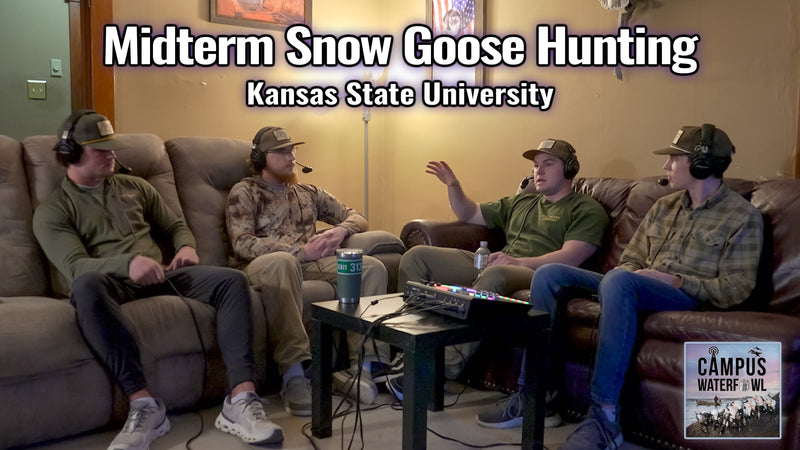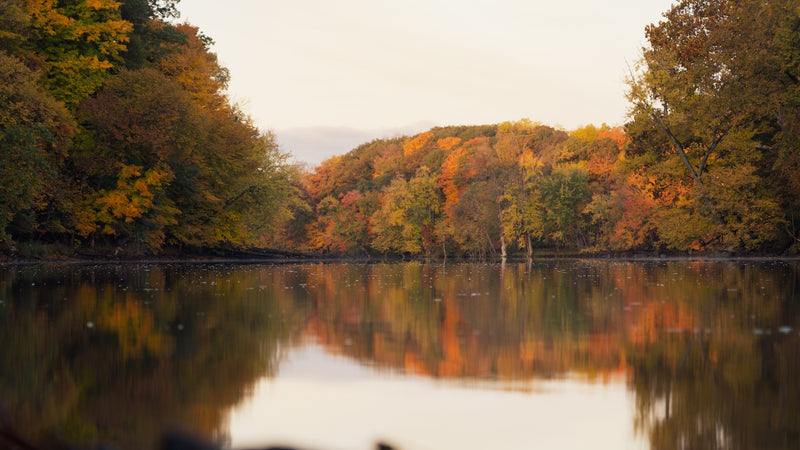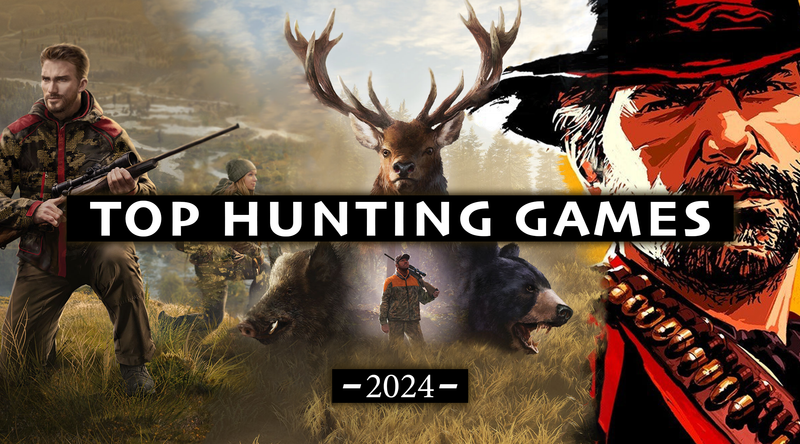Exploring California Wetlands: An In-Depth Journey with Campus Waterfowl
Journey with us as we delve into the heart of California's breathtaking wetlands. Renowned for its diverse landscapes, California harbors some of the nation's most vital wetland ecosystems. Join the Campus Waterfowl team as we embark on an enlightening expedition, spotlighting the pioneering research of UC Davis PhD student, John Veon. Dive into the rich tapestry of wetland conservation, unravel the mysteries of waterfowl research, and confront the pressing challenges these fragile habitats face.
Wetland Conservation: The Future of Hunting and Ecosystems
In a riveting podcast episode, we were joined by wetland conservationist and PhD student John Veon from UC-Davis and esteemed waterfowl professor Dr. John Eadie. The duo delved into Veon’s research on Integrative Wetland Management and the challenges and solutions of wetland preservation in California. Some episode highlights include:
- The State of Wetland Conservation: Understanding the current challenges faced by wetlands in California.
- Waterfowl's Role in the Ecosystem: The importance of waterfowl, their contribution to biodiversity, and the benefits they bring to our environment.
- Hunters and Conservation: The integral role of hunters in conservation efforts.
- Groundbreaking Research: Dr. John Eadie and John Veon share their latest findings on wetland and waterfowl conservation.
- The Future Outlook: A discussion on the future of wetlands, waterfowl, and the broader implications for our environment.
Integrated Wetland Management: Balancing Mosquito Control and Wetland Conservation
Our journey continued as we joined John Veon and his team in their research on wetland management techniques. The goal? To control mosquito populations while preserving the ecological balance of wetlands. We delved into the role of macroinvertebrates in these ecosystems, the public health implications of this research, and the rigorous scientific methods employed for data collection and analysis.
Wetland Management and Wood Duck Mysteries: UC Davis' Research Journey
Our trip culminated at the University of California, Davis, where we discovered the long-term wood duck project, the intricacies of diet studies across different duck species, and the importance of wetland management. With insights from experts like John Veon, Dr. John Eadie, Jackie Satter, and Tenaya Russell, we explored the research shaping the future of sustainable wetlands and understanding waterfowl.
A Waterfowl Hunter's Paradise at UC Davis
As a special treat during our California expedition, we made a detour to the Museum of Wildlife and Fish Biology at UC Davis. This museum is a veritable treasure trove for waterfowl hunters and researchers alike. With curator Andrew Engilis, Jr. as our guide, we delved into the museum's extensive collection of waterfowl and other bird specimens. These specimens play a pivotal role in cutting-edge research in ecology, conservation, and evolutionary studies.
For more insights about the Museum of Wildlife and Fish Biology at UC Davis, check out their official website.
Conclusion
Our expedition to California was not just an eye-opening experience but also a journey of discovery and appreciation. From the intricate details of wetland conservation to the vast collection at the Museum of Wildlife and Fish Biology at UC Davis, we were constantly reminded of the importance of waterfowl in our ecosystems and the challenges faced by these habitats. The groundbreaking research of John Veon and the insights from the museum have enriched our understanding and deepened our passion for waterfowl and wetland research.
We would like to extend our heartfelt gratitude to everyone who made this trip memorable, especially John Veon, Dr. John Eadie, Jackie Satter, Tenaya Russell, and Andrew Engilis, Jr. Also, thank you to Bird Haven Ranch for their unwavering support of this research and commitment to waterfowl and wetland conservation.
For more insights and updates, don't forget to subscribe to our YouTube channel.





Leave a comment
Please note, comments must be approved before they are published